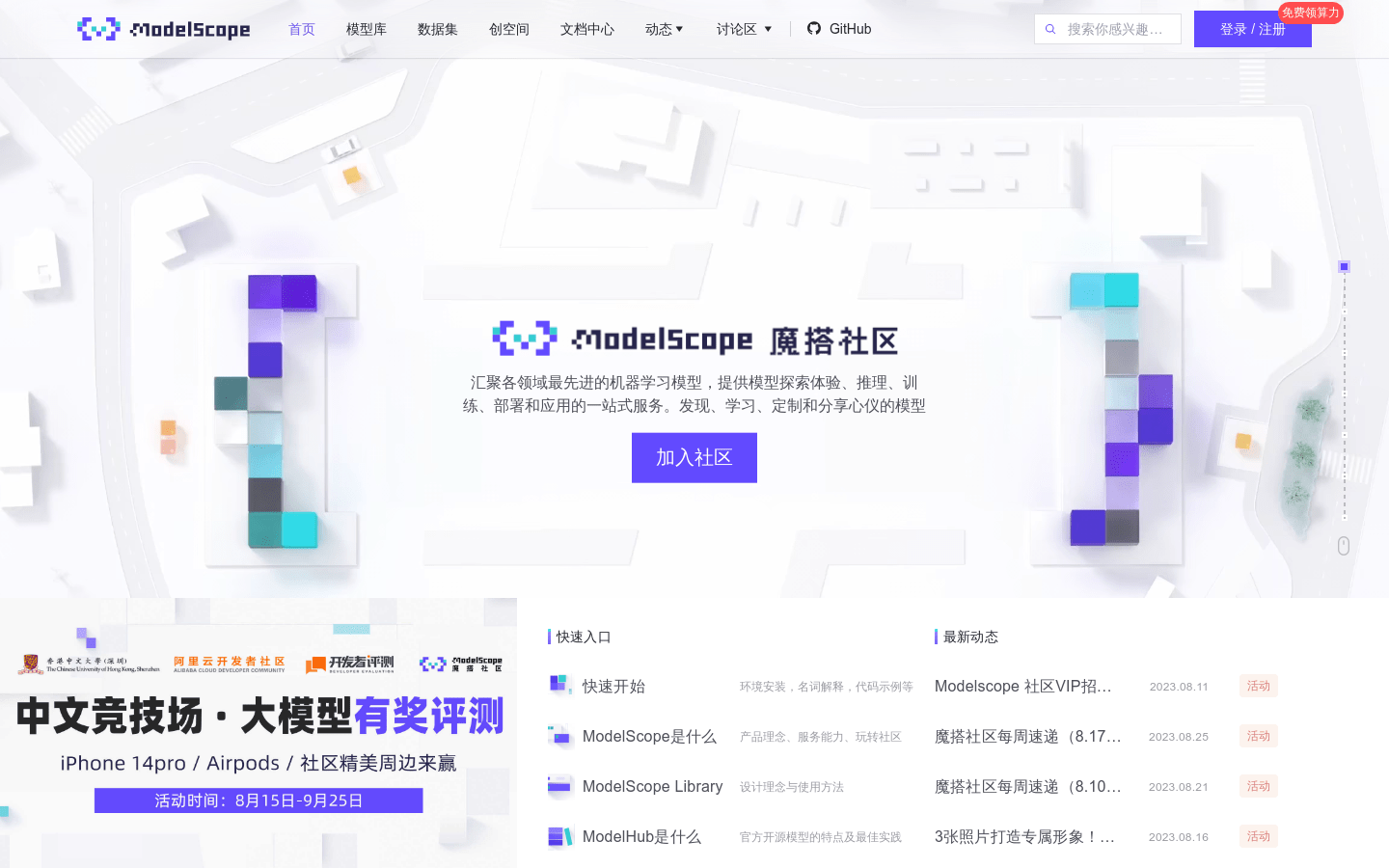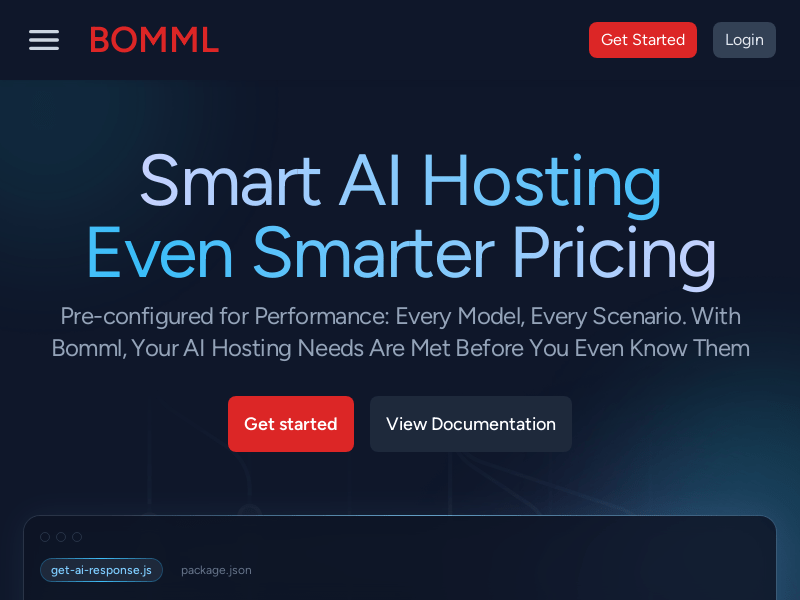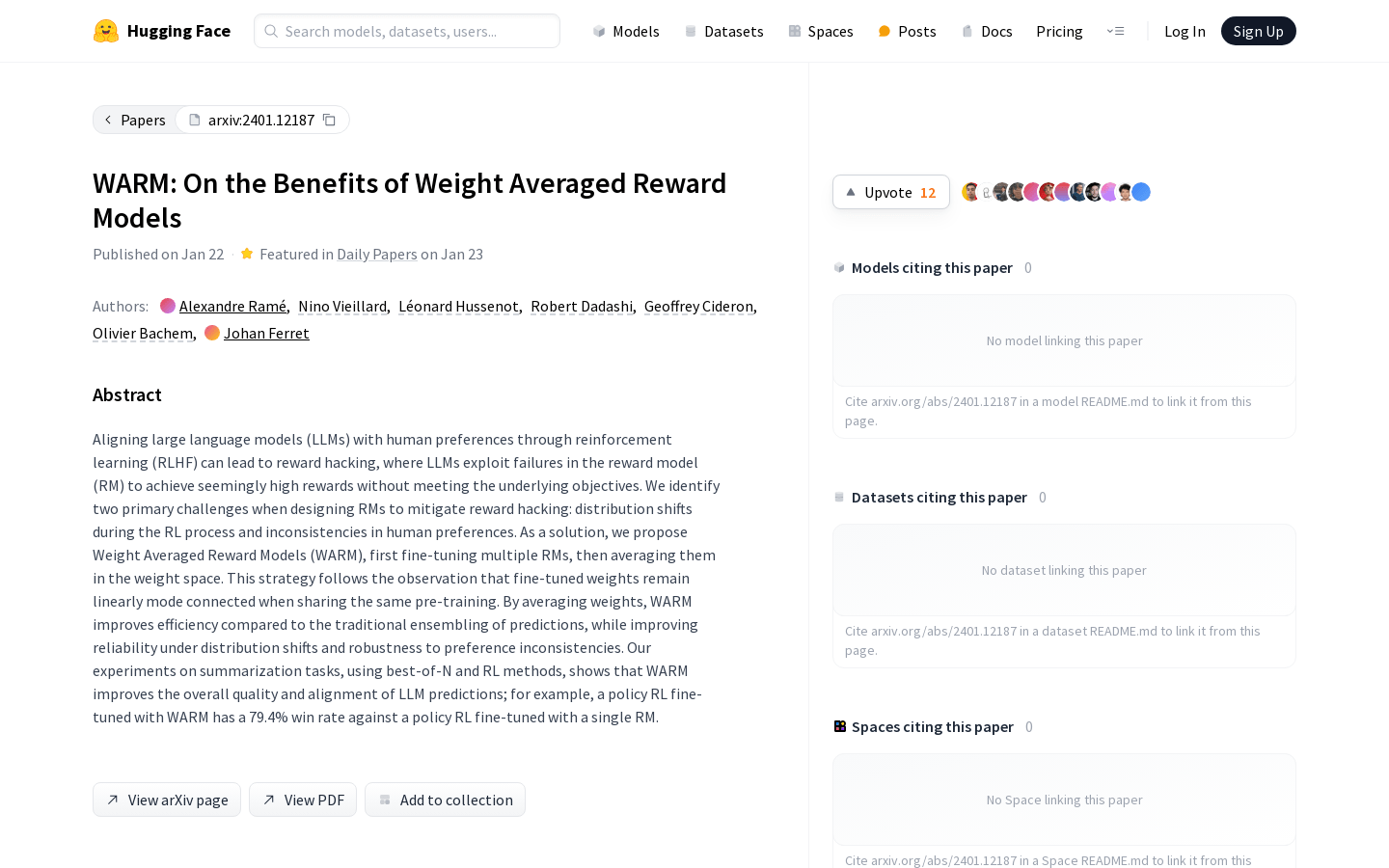Radal
Radal is a no-code platform for fine-tuning small language models using your own data. Connect your dataset, configure training visually, and deploy your model in minutes.

Product Details
Radal is a no-code platform that fine-tunes small language models using your own data, for startups, researchers, and enterprises that need custom AI without the complexity of MLOps. Its main advantage is that it enables users to quickly train and deploy custom language models, lowering the technical threshold and saving time and costs.
Main Features
How to Use
Target Users
Radal is suitable for startups, researchers, and enterprises who need to quickly and easily train and deploy custom small language models without involving complex MLOps processes.
Examples
Healthcare: Fine-tuning 7 B clinical models across hospital networks to meet HIPAA requirements and save clinical staff time
Legal Technology: Fine-tune the 5 B legal model on law firm documents, trial transcripts and specific judicial regulations to save lawyers time
Industrial IoT: Fine-tune 3 B edge models on vibration and sensor logs from every production line run to identify anomalies in real time
Quick Access
Visit Website →Categories
Related Recommendations
Discover more similar quality AI tools

Gitee AI
Gitee AI brings together the latest and hottest AI models, provides one-stop services for model experience, inference, training, deployment and application, provides abundant computing power, and is positioned as the best AI community in China.

Modihand
Modihand is a platform for training your own large text model. No professional knowledge is required. You only need to prepare training data to train your own large text model. It has built-in most open source models on the market, supports a variety of fine-tuning training methods, is cost-effective, independently deployable, supports inference API, and provides more problem-solving support.

Magic community ModelScope
Moda Community is a developer community of artificial intelligence models. It brings together the most advanced machine learning models in various fields and provides users with one-stop services for model exploration, customization, training, deployment and application. Users can easily search for models of interest and get started quickly. At the same time, the community has also open sourced many pre-trained models, and developers can conduct secondary development based on these models. The Moda community is committed to lowering the threshold for AI development and helping developers obtain and use AI capabilities more conveniently.

BOMML
BOMML is an intelligent AI hosting platform that provides one-stop AI solutions for your business. We provide you with comprehensive assistance from data collection to model deployment. Our AI models run on a secure data center cloud, protecting your privacy and data security. BOMML supports a variety of tasks, including text generation, conversational chat, embedded control, analysis, optical character recognition, and more. Regardless of your technology stack, it’s easy to integrate AI into your applications via APIs. We offer the most competitive pricing on the market, so you only pay for what you use. If you have a specific task or need AI based on your data, we can tune and train it for you. You can add documents, files, and other metadata as a knowledge base to generate more relevant responses. If you need to run a proprietary AI model on your hardware, we can help with that too. Whatever your needs, our experts will find a solution for you.

AppAI
AppAi is an innovator in the field of artificial intelligence. We are committed to turning the future into reality, optimizing processes and changing lives through artificial intelligence. Please browse our website to learn more about our vision for an AI-powered future.

Pangu large model
Pangu Big Model is an artificial intelligence solution launched by Huawei Cloud. It uses multiple models such as NLP big model, CV big model, multi-modal big model, prediction big model, and scientific computing big model to achieve multiple functions such as dialogue question and answer, image recognition, multi-modal processing, predictive analysis, and scientific computing. The Pangu large model has the characteristics of efficient adaptation, efficient annotation, and accurate controllability, and can be widely used in various industries. Please visit the official website for details.

Openfabric AI
Openfabric AI is a distributed artificial intelligence platform that creates a new foundation for the construction and use of artificial intelligence applications through blockchain, advanced encryption and new infrastructure. It reduces the infrastructure requirements and technical knowledge required to leverage AI applications, promoting new market opportunities.

MouSi
MouSi is a multi-modal visual language model designed to address current challenges faced by large-scale visual language models (VLMs). It uses integrated expert technology to collaborate the capabilities of individual visual encoders, including image-text matching, OCR, image segmentation, etc. This model introduces a fusion network to uniformly process outputs from different vision experts and bridge the gap between image encoders and pre-trained LLMs. In addition, MouSi also explored different position encoding schemes to effectively solve the problems of position encoding waste and length limitation. Experimental results show that VLMs with multiple experts exhibit superior performance than isolated visual encoders, and obtain significant performance improvements as more experts are integrated.

OpenAI Embedding Models
OpenAI Embedding Models is a series of new embedding models, including two new embedding models and updated GPT-4 Turbo preview models, GPT-3.5 Turbo models, and text content review models. By default, data sent to the OpenAI API is not used to train or improve OpenAI models. New embedding models with lower pricing include the smaller, more efficient text-embedding-3-small model and the larger, more powerful text-embedding-3-large model. An embedding is a sequence of numbers that represents a concept in something like natural language or code. Embeddings make it easier for machine learning models and other algorithms to understand the relationships between content and perform tasks such as clustering or retrieval. They provide support for knowledge retrieval in the ChatGPT and Assistants APIs, as well as many retrieval augmentation generation (RAG) development tools. text-embedding-3-small is a new efficient embedding model. Compared with its predecessor text-embedding-ada-002 model, it has stronger performance. The average MIRACL score increased from 31.4% to 44.0%, while the average score in the English task (MTEB) increased from 61.0% to 62.3%. Pricing for text-embedding-3-small is also 5x lower than the previous text-embedding-ada-002 model, from $0.0001 per thousand tags to $0.00002. text-embedding-3-large is a new generation of larger embedding models, capable of creating embeddings of up to 3072 dimensions. With stronger performance, the average MIRACL score increased from 31.4% to 54.9%, while the average score in MTEB increased from 61.0% to 64.6%. text-embedding-3-large is priced at $0.00013/thousand marks. Additionally, we support native functionality for shortening embeddings, allowing developers to trade off performance and cost.

Adept Fuyu-Heavy
Adept Fuyu-Heavy is a new multi-modal model designed specifically for digital agencies. It performs well in multimodal reasoning, particularly in UI understanding, while also performing well on traditional multimodal benchmarks. Furthermore, it demonstrates our ability to extend the Fuyu architecture and obtain all associated benefits, including processing images of arbitrary sizes/shapes and efficiently reusing existing transformer optimizations. It also has the ability to match or exceed the performance of models of the same computational level, albeit requiring some of the capacity to be devoted to image modeling.

Meta-Prompting
Meta-Prompting is an effective scaffolding technique designed to enhance the functionality of language models (LM). This method transforms a single LM into a multi-faceted commander, adept at managing and integrating multiple independent LM queries. By using high-level instructions, meta-cues guide LM to decompose complex tasks into smaller, more manageable subtasks. These subtasks are then handled by different "expert" instances of the same LM, each operating according to specific customized instructions. At the heart of this process is the LM itself, which, as the conductor, ensures seamless communication and effective integration between the outputs of these expert models. It also leverages its inherent critical thinking and robust validation processes to refine and validate the final results. This collaborative prompting approach enables a single LM to simultaneously act as a comprehensive commander and a diverse team of experts, significantly improving its performance in a variety of tasks. The zero-shot, task-agnostic nature of meta-cues greatly simplifies user interaction, eliminating the need for detailed task-specific instructions. Furthermore, our research shows that external tools, such as the Python interpreter, can be seamlessly integrated with the meta-hint framework, thereby broadening its applicability and utility. Through rigorous experiments with GPT-4, we demonstrate that meta-cueing outperforms traditional scaffolding methods: averaged across all tasks, including the 24-point game, One Move General, and Python programming puzzles, meta-cueing using the Python interpreter feature outperforms standard prompts by 17.1%, is 17.3% better than expert (dynamic) prompts, and is 15.2% better than multi-personality prompts.

WARM
WARM is a solution for aligning large language models (LLMs) with human preferences through the Weighted Average Reward Model (WARM). First, WARM fine-tunes multiple reward models and then averages them in the weight space. Through weighted averaging, WARM improves efficiency compared to traditional predictive ensemble methods, while improving reliability under distribution shifts and preference inconsistencies. Our experiments show that WARM outperforms traditional methods on summarization tasks, and using optimal N and RL methods, WARM improves the overall quality and alignment of LLM predictions.

ReFT
ReFT is a simple and effective way to enhance the inference capabilities of large language models (LLMs). It first warms up the model through supervised fine-tuning (SFT), and then uses online reinforcement learning, specifically the PPO algorithm in this article, to further fine-tune the model. ReFT significantly outperforms SFT by automatically sampling a large number of reasoning paths for a given problem and naturally deriving rewards from real answers. The performance of ReFT may be further improved by incorporating inference-time strategies such as majority voting and re-ranking. It is important to note that ReFT improves by learning the same training problem as SFT without relying on additional or enhanced training problems. This shows that ReFT has stronger generalization ability.

Contrastive Preference Optimization
Contrastive Preference Optimization is an innovative approach to machine translation that significantly improves the performance of ALMA models by training the model to avoid generating translations that are merely adequate but not perfect. This method can meet or exceed the performance of WMT competition winners and GPT-4 on WMT'21, WMT'22 and WMT'23 test datasets.

GLM-4
Zhipu AI released GLM-4 and CogView3 at the first Technology Open Day. The overall performance of GLM-4 has been improved by nearly 60%, supporting longer context, stronger multi-modal support and faster reasoning. CogView3 approaches the multi-modal generation capabilities of DALL·E 3. The product is positioned as the next generation of base model and image generation AI.